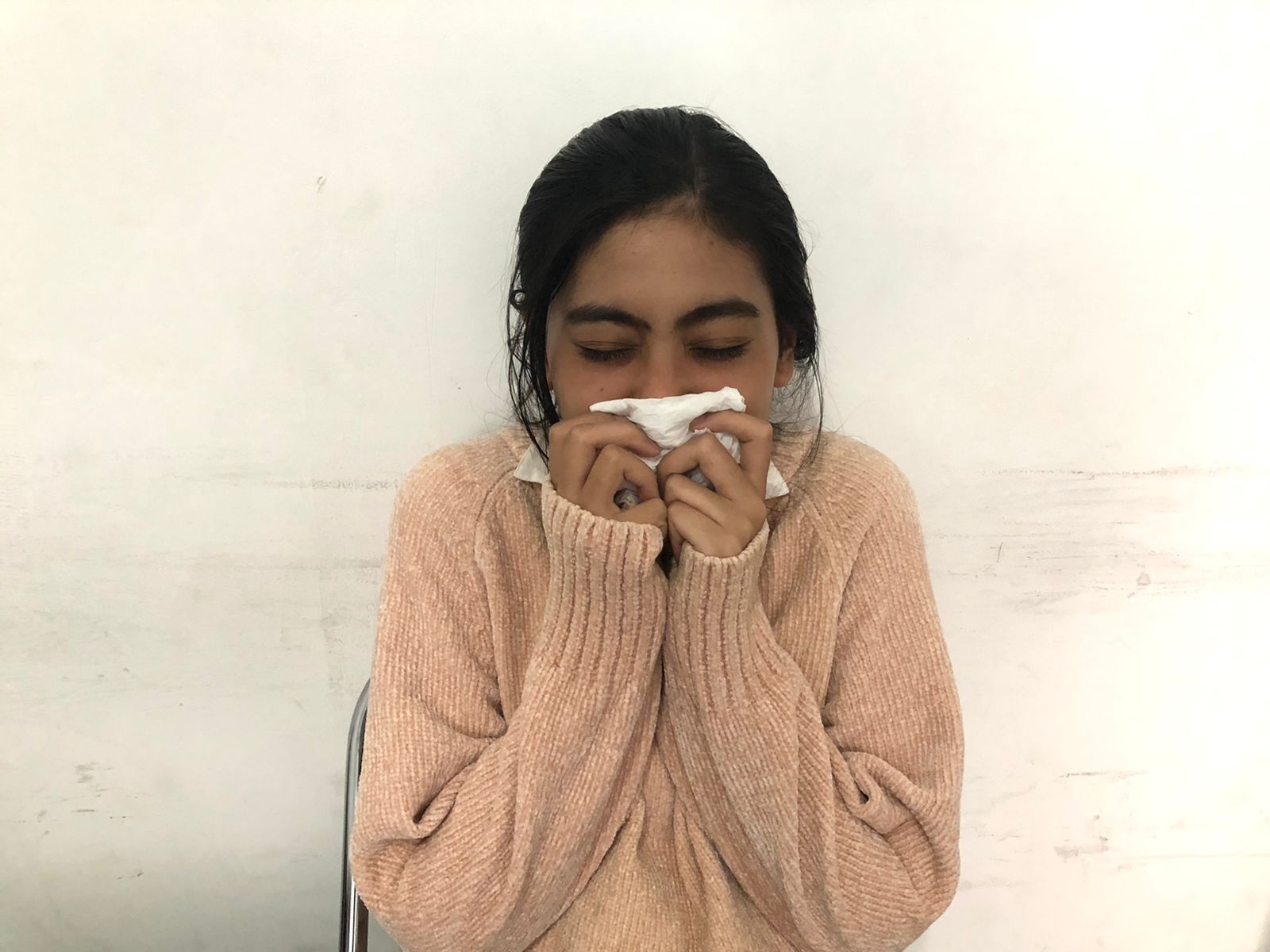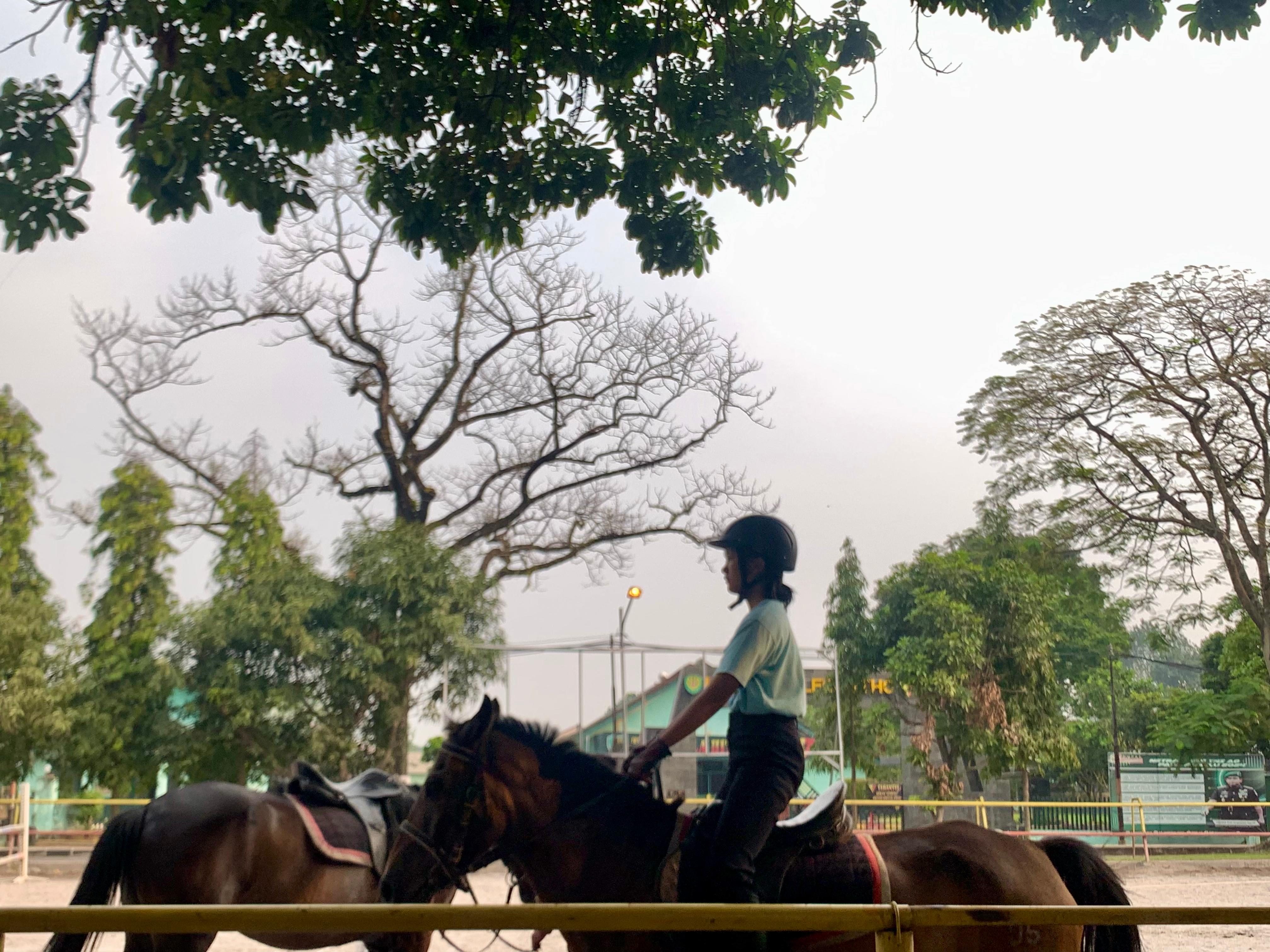Transition Season, Beware of 5 Vulnerable Diseases
When entering the transition season, it is recommended to always maintain health and hygiene. This is important to do as a step to prevent various types of diseases that are prone to occur during the change of seasons.

Transition Season, Beware of 5 Vulnerable Diseases
When entering the transition season, it is recommended to always maintain health and hygiene. This is important to do as a step to prevent various types of diseases that are prone to occur during the change of seasons.
The transition season can be identified by the weather being colder, drier, and more humid than usual.
Conditions like that cause several transition season animals to breed, one of which is the Aedes aegypti mosquito and the influenza virus.
The change of seasons is also synonymous with changes in wind speed to become stronger, thus making it easier for viruses and bacteria to enter the body, thereby weakening the immune system.
If the immune system is weak, then it is susceptible to infectious diseases during the transition season.
The following are five diseases that are prone to appear during the transition season:
1. Dengue Hemorrhagic Fever (DHF)
Cases of dengue hemorrhagic fever will increase when entering the transition season.
This can happen because mosquitoes that cause dengue are easier to breed during the rainy season and environmental hygiene is not maintained.
Head of Suryalaya Health Center Bandung City, dr. Ferry Kadarusman said that dengue fever was caused by mosquitoes that had the virus.
"DHF is caused by the bite of the Aedes aegypti mosquito, then it contains a virus that enters the body's immune system, making it weak," he said.
This means that dengue hemorrhagic fever is caused by mosquito bites so that the body's immunity decreases.
In order to avoid dengue, we must minimize the breeding of mosquitoes.
This can be done by implementing 3M, namely draining and closing water reservoirs and recycling used goods so that there is no buildup.
2. Chikungunya
"This viral disease is the same as dengue and zika in terms of transmission through mosquito bites, then the symptoms are similar to dengue fever, headache, joint pain and fatigue," said dr. Ferry Kadarusman, M.Kes.
Complications of disease caused by the chikungunya virus can include hepatitis, acute kidney disease, myelitis or neurological disorders.
This can be even more risky for newborns who have underlying medical conditions.
Prevention of chikungunya disease is the same as preventing dengue, namely by applying 3M and increasing body immunity by consuming vitamin C.
3. Zika
This disease is characterized by fever, headache, itching, skin rash, muscle and joint pain and red eyes. Similar to dengue, the Zika virus is generally transmitted through mosquito bites.
However, the Zika virus is more widely transmitted because it can be transmitted from pregnant women who are exposed to the Zika virus to their fetuses and can cause their babies to suffer from microcephaly.
Treatment for people with Zika fever can be in the form of giving fluids to prevent dehydration, painkillers for headaches and fever and adequate rest.
Zika virus can be prevented by adopting a healthy lifestyle and maintaining a clean environment.
4. ARI
One of the diseases that often occurs during the transition season is an acute respiratory infection or commonly known as ARI.
ARI is most often caused by a virus and is transmitted by an infected person through coughing or sneezing.
ARI is more vulnerable to be experienced by toddlers, because the body's immune system is not yet fully formed to fight and respond to infection.
In addition to toddlers, adults are vulnerable to exposure if their immune system is weak.
Symptoms of ARI that usually arise are sore throat, nasal congestion, fever, fatigue, dizziness, and shortness of breath.
ARI disease can heal by itself. The main prevention of ARI disease is to maintain a clean environment.
5. Cough Cold
One of the common diseases that occur during the transition season is cough and cold. Changes in weather make people more likely to leave the house, so the spread of the influenza virus is getting wider.
This disease is characterized by nasal congestion, runny nose to fever.
These symptoms can be cured by getting enough rest, drinking lots of water and wearing a mask to prevent transmission.
In order not to be easily exposed to the transition season disease, it is recommended to regularly maintain a clean environment and adopt a healthy lifestyle. If you experience medical complaints during the transition season, immediately consult a doctor. (Turfa)**
Head of the Bandung City Communication and Information Technology
Yayan A. Brilyana









